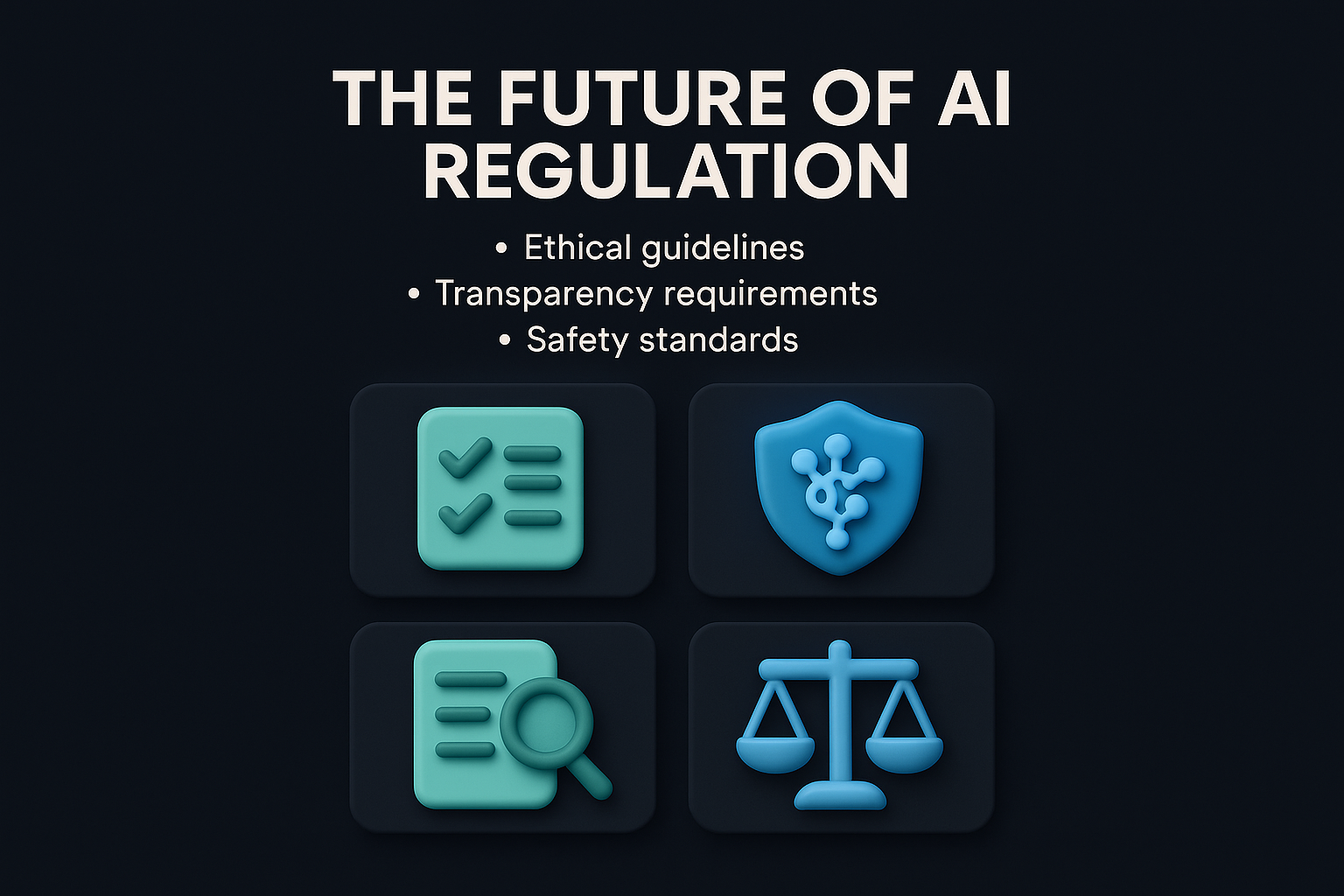Schedule a Demo
When engaging software developers with travel content, one must recognize their unique perspective. Developers appreciate content that resonates with their analytical minds and creative spirits. Crafting travel narratives that incorporate elements of technology, such as stories about destinations that have inspired tech innovations or places where developers can find a community of like-minded individuals, can be particularly compelling.
Consider a blog post about a trip to Silicon Valley, detailing not just the tech hubs but also the lesser-known spots where developers can unwind and find inspiration. This approach not only appeals to their professional interests but also taps into their desire for unique experiences. By weaving in personal anecdotes, such as a developer's journey to a remote coding retreat in the mountains, you can create a narrative that feels both aspirational and relatable.
Another idea is to explore destinations through the lens of their technological history. For instance, a piece on the evolution of technology in cities like Tokyo or Berlin can captivate developers by showing how past innovations have shaped these places. This type of content can inspire them to explore and perhaps even contribute to the tech landscape of these destinations.
Interactive content is a powerful tool for engaging software developers. Creating an interactive map that highlights tech-friendly cafes, co-working spaces, and events around the world can be a fantastic resource for developers planning their travels. This map can include user reviews and ratings, allowing developers to contribute and feel part of a community.
Another engaging format is virtual reality (VR) travel experiences. Developers can explore destinations through VR tours, which can be particularly appealing as they blend their professional interests with leisure. These tours can be enhanced with interactive elements, such as puzzles or coding challenges related to the location, making the experience both fun and educational.
Consider developing a travel app specifically designed for software developers. This app could include features like real-time coding meetups, hackathons, and networking events in various cities. By integrating technology into the travel experience, you cater directly to the needs and interests of your audience, making their travel planning both efficient and enjoyable.
Software developers are always looking to enhance their skills, and travel content can be a great platform for this. Consider organizing travel workshops or coding retreats where developers can learn new programming languages or frameworks in exotic locations. These events can combine professional development with the thrill of travel, offering a unique value proposition.
Another educational approach is to create content that highlights the intersection of travel and technology. For example, a series on how different countries are using technology to enhance their tourism industry can be both informative and inspiring. This could include case studies on smart cities, digital nomad visas, and tech-driven tourism initiatives.
Developers often enjoy solving problems, so consider content that challenges them to think about travel from a tech perspective. A series of articles or videos where developers are tasked with creating solutions for common travel issues, such as efficient packing algorithms or real-time translation apps, can engage them deeply. This not only keeps them interested but also encourages them to apply their skills in new and creative ways.
Building a community around travel and technology is essential for engaging software developers. Create a platform where developers can share their travel experiences, tips, and favorite tech-friendly destinations. This can be a blog, a forum, or a social media group, fostering a sense of belonging and encouraging continuous engagement.
Hosting online events, such as virtual travel meetups or webinars on tech and travel, can further strengthen this community. These events can feature guest speakers from the tech and travel industries, offering insights and networking opportunities. By providing a space for developers to connect, you not only enhance their travel experiences but also help them build professional relationships.
Finally, consider a mentorship program where experienced developers who have traveled extensively can share their knowledge with those new to the field. This program can be integrated into your travel content, offering practical advice and personal stories that resonate with your audience. By fostering a sense of community and shared learning, you can create a loyal following of engaged and inspired software developers.
